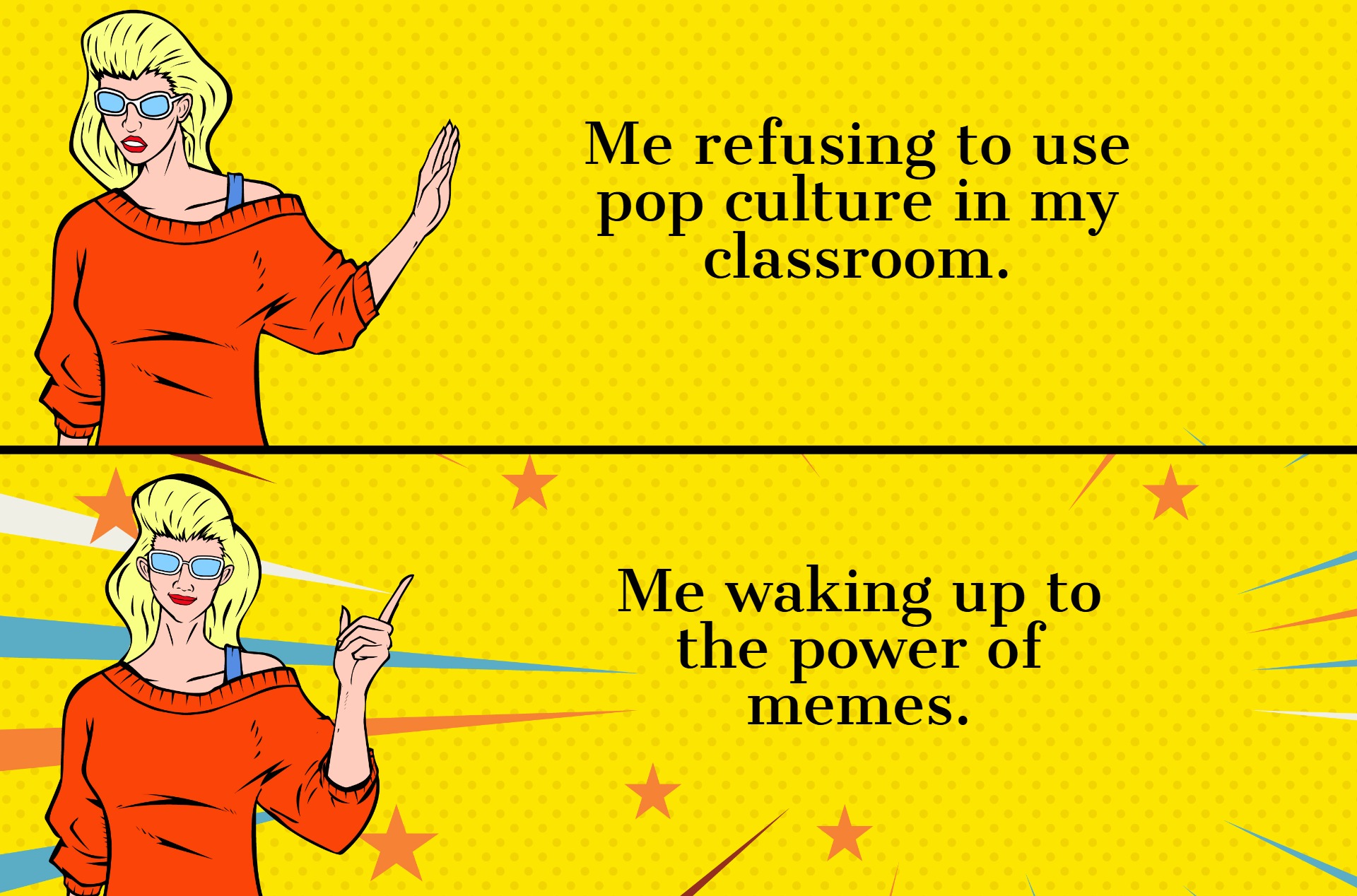Making difficult conversations easier
How to raise and resolve difficult academic work issues.

Even at the best of the times, most of us cringe at the prospect of having a difficult conversation. And now in this COVID world of online interactions, stress and working from home, avoiding difficult issues altogether can seem like the best option. But that would be a mistake.
Improvements to workplace culture depend on having and acting on these difficult conversations regularly. Yet around two thirds of people get very anxious at the prospect of having a difficult conversation. We don’t want to be unkind. Consequently, most important difficult conversations don’t ever happen.
A number of useful research-based approaches can help us to have difficult conversations at work – and feel better about it too. Here are our top insights for ensuring your future difficult conversation goes better.
1. Disagreement is not conflict
We’re all prone to equating disagreement with conflict.
Conflict behaviours include a wide range of uncivil actions that can range from snide gossip, hostile or aggressive criticism to passive aggression and “the silent treatment.” In universities, these responses often result from relatively minor or even purely intellectual disagreements and undermine the institution’s fundamental principle of respectful discourse.
As you approach a difficult conversation, think about whether your demeanor reflects the conflict-oriented “fight or flight” response. Instead, try to see it as stemming from differences in perspective: a natural and healthy consequence of a diverse, open and inclusive workplace. Even if the other parties involved are more conflictual, we ourselves always retain the choice to see and handle the difficult conversations as a disagreement not conflict.
2. Reframe to a learning conversation
Unsurprisingly, we usually approach a difficult conversation by focusing most on what we want to say. Our immediate sense is that while we understand the issues, others don’t. “They” are the problem, and our job is to help them see that.
Stress and avoidance around difficult conversations arise not from the conversation itself, but from our own perceptions of, and reactions to, the exchange. We interpret situations and ascribe intent, but always with incomplete knowledge. The Difficult Conversations approach, developed by Doug Stone and colleagues reframes difficult conversations as opportunities to share perspectives on what happened, what was intended, and what and who contributed to what transpired. Approach the conversation as being about learning rather than communicating and enforcing truth.
3. Understand but don’t supress your feelings
There is no avoiding your feelings in a difficult conversation – and that’s okay! It’s a sign that the subject of these conversations matters to us – they are connected to our identities, what we care about, and our deeper values. Mr. Stone and colleagues suggest that difficult conversations don’t just involve feelings, they are, to the core, about feelings.
Rather than suppressing your feelings about the conversation, try to interrogate and understand them more before and during the conversation. In her recent book Don’t Label me, activist Irshad Manji challenges us to avoid labelling others involved in difficult conversations – angry White man, neoliberal “sell out,” or difficult person. Categorizing others in this way amplifies our already strong emotions and does little to help us understand others or our own feelings better. Try to focus more on understanding what it is about the conversation, people, or labels involved that raise strong feelings in you, and why? Think about how you want to feel when the conversation is over. How will you conduct yourself to keep your integrity intact?
4. Keep curious
Manji argues that curiosity provides the best foundation for focusing on the other person – understanding how they see the situation and what is important to them. It may seem easier to deploy the shorthand of labels and assumptions. However, if the goal is to appreciate, address, and even improve the situation, you will need to connect, ask good questions and truly listen.
Staying attuned to your own feelings and avoiding labelling allows you to listen better. Listening well requires an intense and acute focus on the other person: you need to attend both to what is being said and how it is being conveyed, including non-verbal behaviours, and tacit motivations. Put the other person at the centre of your mind, be present to the experience, and hold your assumptions in check – particularly your preconceptions of blame or fault. Ask questions to understand how others see you, your position and the situation.
5. Focus most on your contribution
Ultimately, we only control ourselves – how we view situations and what we choose to do. Rather than focusing on what others should do, focus most on what you contributed to the problem and what you will do differently next time. With support and empathy, encourage others to do the same if you can.
Bailey Sousa and Lois Harder are the director and principal of the Peter Lougheed Leadership College at the University of Alberta, respectively. Alexander Clark is associate vice president research and a professor at the University of Alberta.
Featured Jobs
- Education - (2) Assistant or Associate Professors, Teaching Scholars (Educational Leadership)Western University
- Veterinary Medicine - Faculty Position (Large Animal Internal Medicine) University of Saskatchewan
- Psychology - Assistant Professor (Speech-Language Pathology)University of Victoria
- Canada Excellence Research Chair in Computational Social Science, AI, and Democracy (Associate or Full Professor)McGill University
- Business – Lecturer or Assistant Professor, 2-year term (Strategic Management) McMaster University















Post a comment
University Affairs moderates all comments according to the following guidelines. If approved, comments generally appear within one business day. We may republish particularly insightful remarks in our print edition or elsewhere.